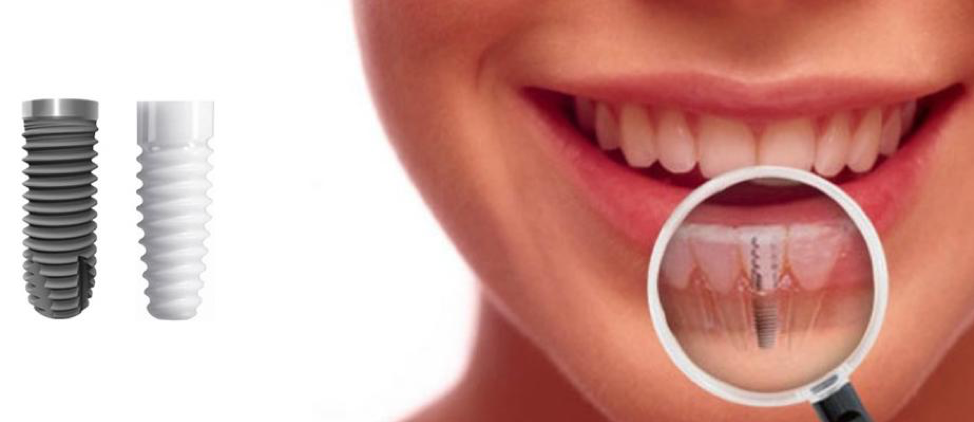Missing teeth can change how you look, speak, and eat. In fact, it can even cause negative effects on your confidence, social opportunities, and other people’s perception of you. Leaving missing teeth unattended can result in tooth shifting, as well as gum and bone deterioration.
Replacing a missing tooth right away is important to prevent more expensive treatments later. One of the leading procedures to replace missing teeth is placing dental implants. These implants are prosthetic, titanium tooth root surgically set in the jaw to support a bridge or crown. Over time, the bone fuses to the post and creates a solid anchor for a prosthetic tooth. But, even if dental implants are effective and long-lasting, they are not for everyone. Keep reading to know the benefits of dental implants and whether or not they are right for you:
Benefits of Dental Implants
These implants offer a dependable, comfortable replacement for missing teeth and protect the existing bone. After losing a tooth, your jaw will no longer have the root to stabilize and support the bone. This can result in the jawbone deteriorating and your gums receding. The use of artificial root made of titanium allows the bone to adhere to the implant.

Moreover, dental implants feel and look natural. The dental crown to be placed on top of the implant is customized to look, feel, and fit exactly like your natural teeth. Dental implants are a great way to ensure that your healthy teeth stay healthy by not affecting them while still offering a foundation in your jawbone to support your dental prosthesis. Visit homepage of your dentist’s website to learn more.
What your Dentist will Consider to Determine if you can Have an Implant
A lot of factors come into play to ensure the success of implant dentistry. Your dentist will look for the following to determine your qualification:
- Adequate bone support. Because dental implants fuse with your jawbone to anchor the tooth, you need to have adequate bone density and quality. Usually, children do not qualify for dental implants because their bones have not yet fully developed. In case you do not have enough bone support, your dentist will recommend bone grafts or mini implants.
- Good overall health. Replacing your missing tooth with a dental implant is a surgical procedure. That is why you must be in good health. If you smoke, consume alcohol, or have diabetes, you may have a lower success rate with these implants since these habits can lower your oral health that impacts the implant’s healing process.

- Healthy gums. You need to have healthy gums to support the new implant while it fused with your jawbone. You may not be a good candidate for an implant if you have a high risk of gum disease.
- Bruxism. Bruxism or teeth grinding can weaken and crack your teeth. This habit is especially dangerous to dental implants. However, your dentist may provide mouth guards to protect your teeth and implants against teeth grinding.
The best way to know whether or not you are a candidate for dental implants is to visit a qualified dentist. Your dentist will consider the criteria mentioned above and the location of your missing teeth.


